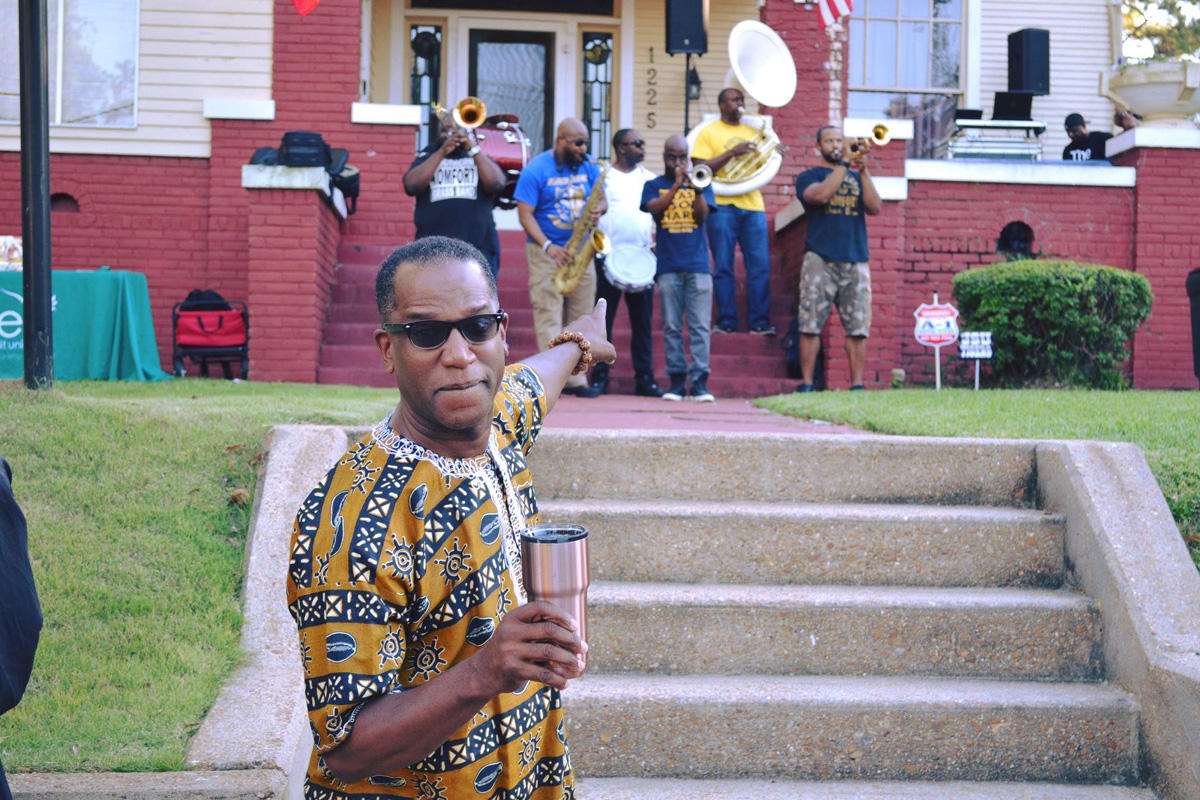West Capitol Street in Jackson used to be beautiful and picturesque with mansions and affluence, Kimberly Hilliard has heard. It was also both a Black and white community less than 50 years ago.
“If you just take a second and look at the architecture, you can tell that it was a medium-income community, if not in some areas kind of well to do,” Hilliard told the Mississippi Free Press recently.
When Jackson State College moved its campus from Natchez, where it was founded as Natchez Seminary, to west Jackson at the turn of the 20th century, she said, a portion of the land was reserved for the families of students and faculty and staff of the historically Black institution.
“It was a neighborhood which was an extension of Farish Street, where you had educators, doctors and attorneys and all of that. You can see that when you drive down streets like Pecan Boulevard. These beautiful, wide boulevards, well landscaped with nice housing,” Hilliard said. Then, Farish Street was a vibrant Black business and entertainment district.
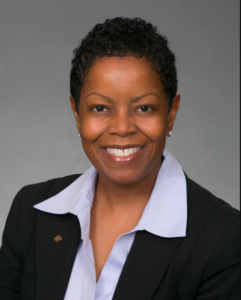
Toni Cooley remembers working-class tradesmen, coaches, JSU faculty and staff, librarians and doctors living and working in west Jackson when she was growing up and going to school there. Corner stores, grocery stores, beauty salons, sit-down restaurants, gas stations and a number of other businesses populated the area.
“It was a mixture of white- and blue-collar residents who likely considered themselves middle class,” Cooley said in an interview.
West Jackson was thriving until white and then Black flight took a toll on the area. Cooley said people of both races moved to different, more affluent parts of town, or into its suburbs, and those who didn’t move stayed and died in the area.
“Their family members, second and third generation who did not live in the state (and) never occupied the houses, often turned it into rental property. In other instances, they did nothing except pay the taxes on the property,” Cooley said.
“And those that did not pay taxes lost the houses to investors who make money off of buying in blighted neighborhoods to resell for a profit. Thus, the area became rundown,” the businesswoman added.
Hilliard said as the city grew, people started to move out of west Jackson. She doesn’t just blame the downfall of west Jackson on white flight, though, but also on other factors like desegregation laws and systemic racism.
“When the desegregation laws for housing were allowed that gave African Americans wider mobility … that’s when we started moving to north Jackson and then further out into the surrounding counties,” Hilliard said. She said the economic flight out of west Jackson happened from the 1960s well into the 1980s.
The Goal: ‘Shop, Stay and Play’ in West Jackson
Today, the community is facing unemployment, lack of education, lack of technology infrastructure, blighted homes, inadequate after-school activities for kids and young adults, as well as a lack of access to information, Hilliard said.
The Center for Social Entrepreneurship of Jackson seeks to change the landscape of west Jackson into a more prosperous one by eliminating those challenges with a plan to help increase intergenerational wealth for black families.
The center has been serving the west Jackson community since 2016. The nonprofit organization was the brainchild of Dr. William Cooley, Toni Cooley’s father, a businessman and a retired Dean Emeritus of the Jackson State University College of Business. In 2001, Cooley and his daughter co-founded Systems Electro Coating, a vehicle components supplier for Nissan’s Canton plant. Toni Cooley today serves as chief executive officer of a suite of companies the family started: Systems Electro Coating, Systems Automotive Interiors, Systems Consultants Associates and Systems IT.
The Center for Social Entrepreneurship is located in the heart of west Jackson, serving 43 blocks near Jackson State University. “It’s an organization that basically enhances the lives of the people who live in our area through community engagement, education, economic development and housing improvements,” Executive Director Shante Crockett told the Mississippi Free Press.
Crockett said the center’s staff members like to call themselves the iVillage, the “i” standing for interconnectivity, internet, innovation, international and intergenerational. From Sunday Funday to their summer program GC3, Girls Code Create and Connect, the organization is set on resurrecting the west Jackson area.
The center will also include the Lillian M. Cooley Youth Technology and Entrepreneur Center, named for Toni Cooley’s mother.
“I envision the future west Jackson as a community of choice with incorporated green space, public art, and visitor appeal that draws people to work, shop, stay and play. It is a place where generations still live and others seek to be,” Toni Cooley told the Mississippi Free Press.
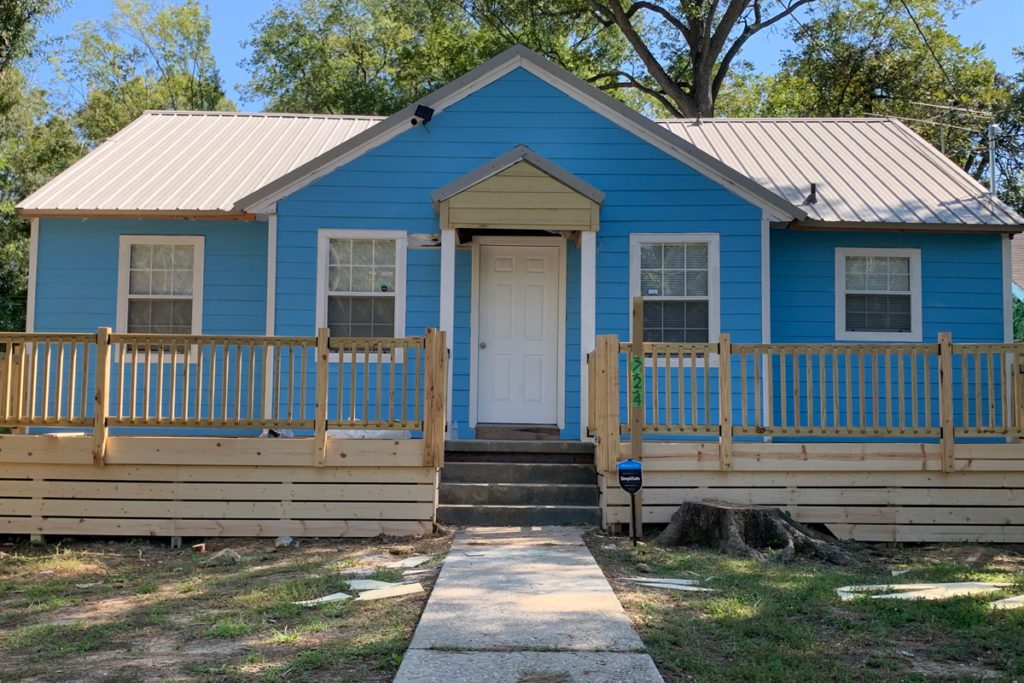
The W.K. Kellogg Foundation recently awarded the nonprofit organization a $56,841 planning grant for 10 months. “First, the center is surveying the community to figure out what its needs are. We’re getting our groundwork laid. We have to figure out what you need before we can give you what you need,” Crockett said.
They’re also looking at models in other cities so as not to “reinvent the wheel,” she said. They’ve looked in cities such as Los Angeles, Atlanta and Birmingham, but those cities are much more advanced than Jackson, the executive director said.
Project Manager Kimberly Hilliard said Chicago has more than 20 neighborhood workforce-development offices located throughout the city. At these offices, people can seek work, training and get technical advice. With so many facilities, transportation isn’t an issue, which would work well for Jackson, she said, where reliable transportation is a problem for many residents.
“With us, I don’t know how many WIN Job Centers we have, but … they’re not located within neighborhoods. They’re located mainly around major corridors,” Hilliard said.
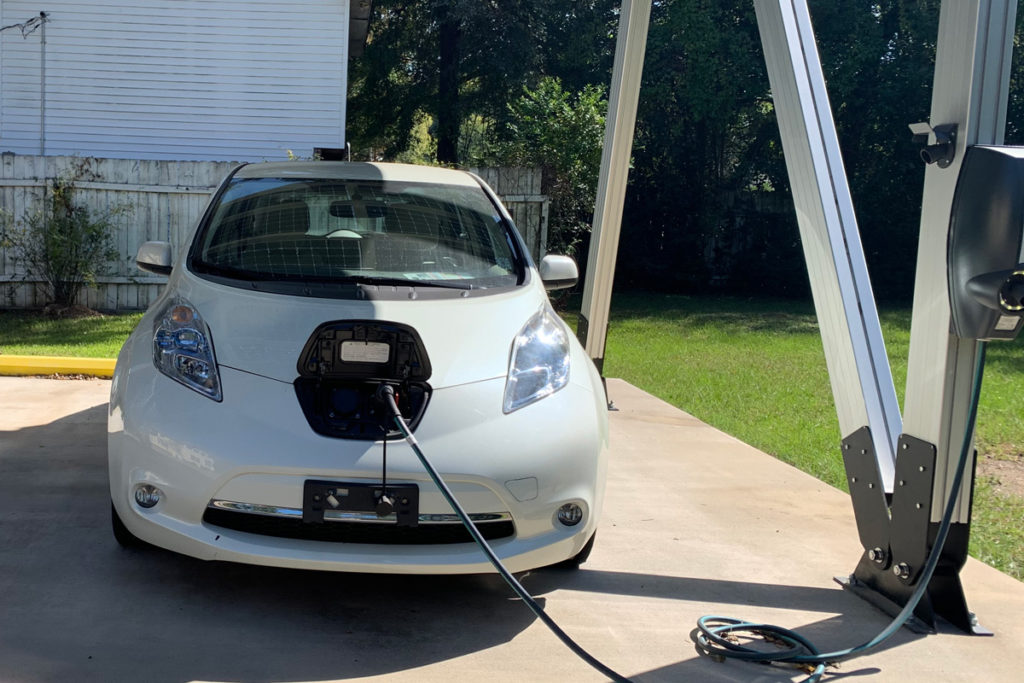
Atlanta also has an iVillage and uses recycled railroad cars as spaces for start-up businesses. Hilliard said the cars have various functions that help with homelessness, affordable housing and office spaces.
“Those were the two models that really captured my attention because we’re trying to do a hybrid of both. We really want to encourage people to start a business if that’s their desire or, if not, how do they improve their skills to increase their earning. We will probably use the hybrid of those two to kind of come up with our program,” Hilliard said.
‘Changing Mindsets’
COVID-19 has made community outreach more difficult, though.
“We would like to put together community meetings to get the neighborhood thoughts on how they feel about a potential center like this, but we can’t gather,” Hilliard said.
As project manager, Hilliard is in charge of making sure the work fulfills the specifications of the grant award, as well as facilitating the writing, research and surveying, she said.
“If we did a community meeting, we could probably gather 100 surveys in one gathering. And with canvassing, it’s a little bit difficult because you may be going door-to-door, but you have to have appropriate protective equipment on, your mask, and make sure the person opening the door feels comfortable answering the questions,” she added.
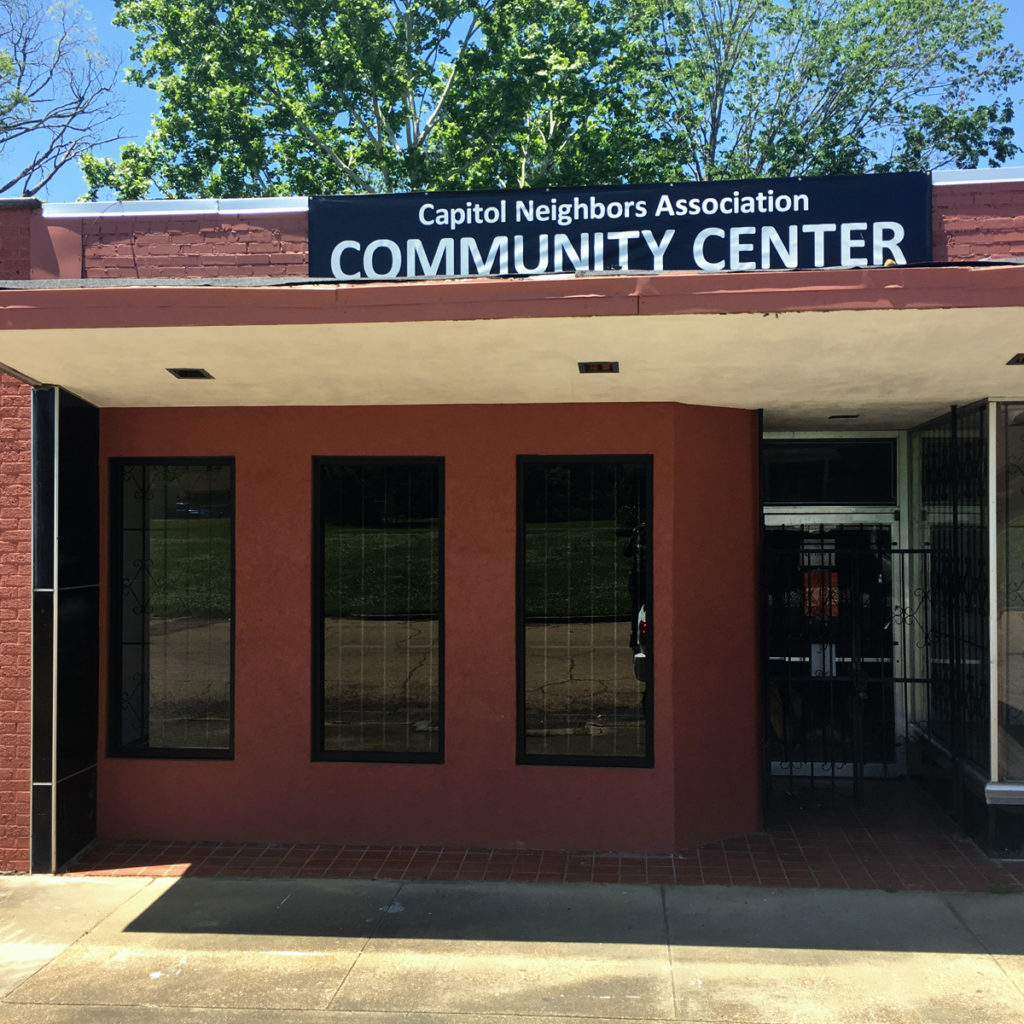
The center’s options for surveying have been limited to using social media, she said, but the response from the community has been positive, and people seem excited. Crockett said since the news of the brant broke, the organization has gotten calls from people looking to get involved.
“This will be something different because there are employment centers throughout the center that are managed by the state called the Jackson WIN Job Centers, but this is neighborhood based,” Hilliard said.
Crockett said there’s a lack of resources, human and financial, and knowledge that limits opportunities for Black families to both save money, build wealth and pass it down to their families.
Intergenerational wealth is not as prevalent in the Black community as barriers and systemic inequities have historically blocked opportunities for wealth building, including financial institutions, as well as the federal government, “redlining” Black Mississippians out of certain neighborhoods and access to home loans as recently this decade in Mississippi. Mississippi-based BancorpSouth had to pay a $10.6-million settlement in 2016 for discriminatory lending and redlining in Memphis in 2014. This historic practice has long prevented many Black Mississippians from buying homes and building wealth based on home equity that more white people have been able to do.
“West Jackson and other poor communities of color were formerly redlined in the past,” Hilliard said of the systemic racism that limits intergenerational wealth opportunities. “Today, I think there’s still informal redlining. Oftentimes, we don’t see the public and private investment in these neighborhoods and so there’s a cycle of continued deterioration because you need both.”
That is, businesses and financial backers—even for cultural and recreational activities like the Jackson Zoo—pull their money out of a struggling area like west Jackson, pointing to the problems that disinvestment and discrimination caused in the first place in a vicious cycle. For instance, the area of Capitol Street around the struggling zoo included large, prosperous churches before the flight days left the area decaying; the buildings are crumbling eyesores now, too expensive to keep up. Now, the neighborhood conditions make it harder to attract financial support for the zoo because of the decaying conditions.
Hilliard said aging infrastructure can affect economic development or retailers coming into the area because they’re looking for upgraded facilities. This puts neighborhoods at a disadvantage, and it would take millions of dollars for an economic-development project to catch up to other communities, she said.
“At some point, we have to actively plan for older historic neighborhoods that have not received public investment,” Hilliard said.
‘Immediate Impact’ Possible and Needed
Crockett, the center’s executive director, said CSE wants to help people identify the types of businesses they want to start and give them the technical assistance and tools they need to help make them happen and thrive.
“The marketing piece, getting the business plan, helping them figure out how they’re going to start the business, getting them set up with federal tax ID numbers, what they need to do to be certified with the State and then the City, figuring out workforce development,” she listed as goals.
Crockett moved here from northwest Arkansas with her husband seven years ago, she said. She had heard so much about how Jackson used to be a hub for world commerce. However, when she settled here, she was left wondering what had happened to the capital city.
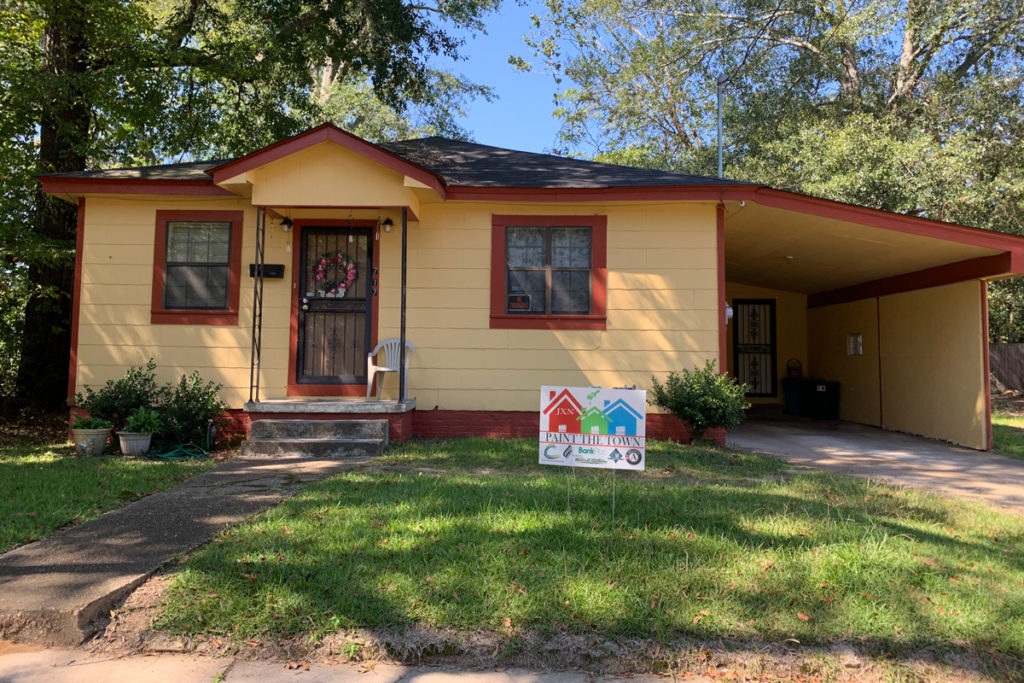
As companies and industries trickle into Jackson with job opportunities, CSE is hoping to equip people with skills necessary to get and retain those jobs, Crockett said.
“What we believe at CSE is that workforce development is a systematic approach of meeting needs for the employer while utilizing the skills of the individual to improve the culture of a business while increasing the earning potential of the employee,” she said.
The organization is making west Jackson their main priority, but once they’ve mastered that area, they do want to branch out, the executive director said. “We have so much great talent in our area and specifically in west Jackson because you have people who are eager, who want to work, and who want to do something, but they just need guidance,” she said.
Hilliard said she has lived in Jackson 20 years and worked in the west Jackson area for 14 years. She is originally from Washington, D.C., and moved to Jackson to attend Jackson State University to pursue a PhD in urban planning. Hilliard said when she moved here, she wouldn’t have that west Jackson was thriving.
“I wouldn’t know when businesses started to leave out. I think it has a lot to do with the growth of the suburbs. In Madison and Rankin County, you had more bedroom communities being built as well as retail and entertainment opportunities. When I moved here, there wasn’t a movie theater in the city of Jackson, and it’s still the same,” Hilliard said.
Hilliard has witnessed people and businesses moving out of west Jackson, so she is excited about the potential this project can have on the community, she said.
“With this, if we know that we can maybe provide field training that could increase someone’s hourly wages, that’s an immediate impact. You can better provide for your family and (it) gives you opportunities to create wealth in various ways,” Hilliard said.
To keep up with the Center for Social Entrepreneurship of Jackson, visit its website https://www.cse-ms.org/, where they will be giving updates on the different phases of the project.

